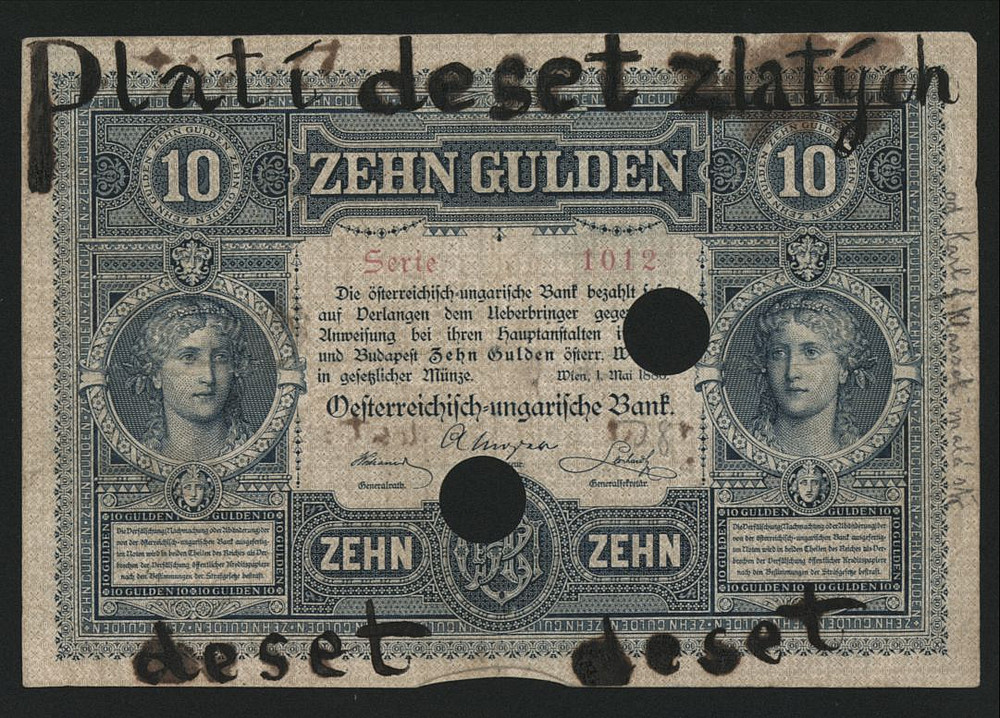Cluster 2: Temporal Dimensions of Multilingualism, Migration and Cultural Transformation
of the core topic Multilingualism, Migration and Cultural Transformation
In this cluster, we focus on the continuous evolution of language and its speakers. The dynamics of these changes are particularly reflected in multilingual practices and their continuous transformations. In regard to the speakers, we analyze the manifestations of fluid linguistic identities as well as the role of language in historical realities. The focus of our research is to understand the complexity of interactions between language, migration, and cultural transformation in various temporal contexts.
Our investigation extends both diachronically and synchronically to illuminate the development of language patterns in historical progression as well as their contemporary manifestations. An essential goal of our work is to reflect current research approaches onto historical contexts to develop a comprehensive understanding of the interplay between language, migration, and cultural transformation. An example of this approach is the digital visualization of language changes. This approach not only enables the representation of established insights but also serves as an alternative examination of such changes and developments. By employing such methods, we contribute to gaining diverse insights into the complex nature of linguistic identities and their changes over time.
Time
The temporal siting of language actions is evident not only in historical contexts but also reveals the dynamic character of such actions: a) Changes in language over the lifespan of individual speakers b) Projection and use of consciously historicizing or historical language varieties c) Existence of seemingly short-lived language phenomena. Through diachronic and synchronic perspectives, language change, migration, and the management of multilingualism are rendered visible as processual elements and are no longer perceived solely as (historically) rigid entities.
Speakers of the cluster:
